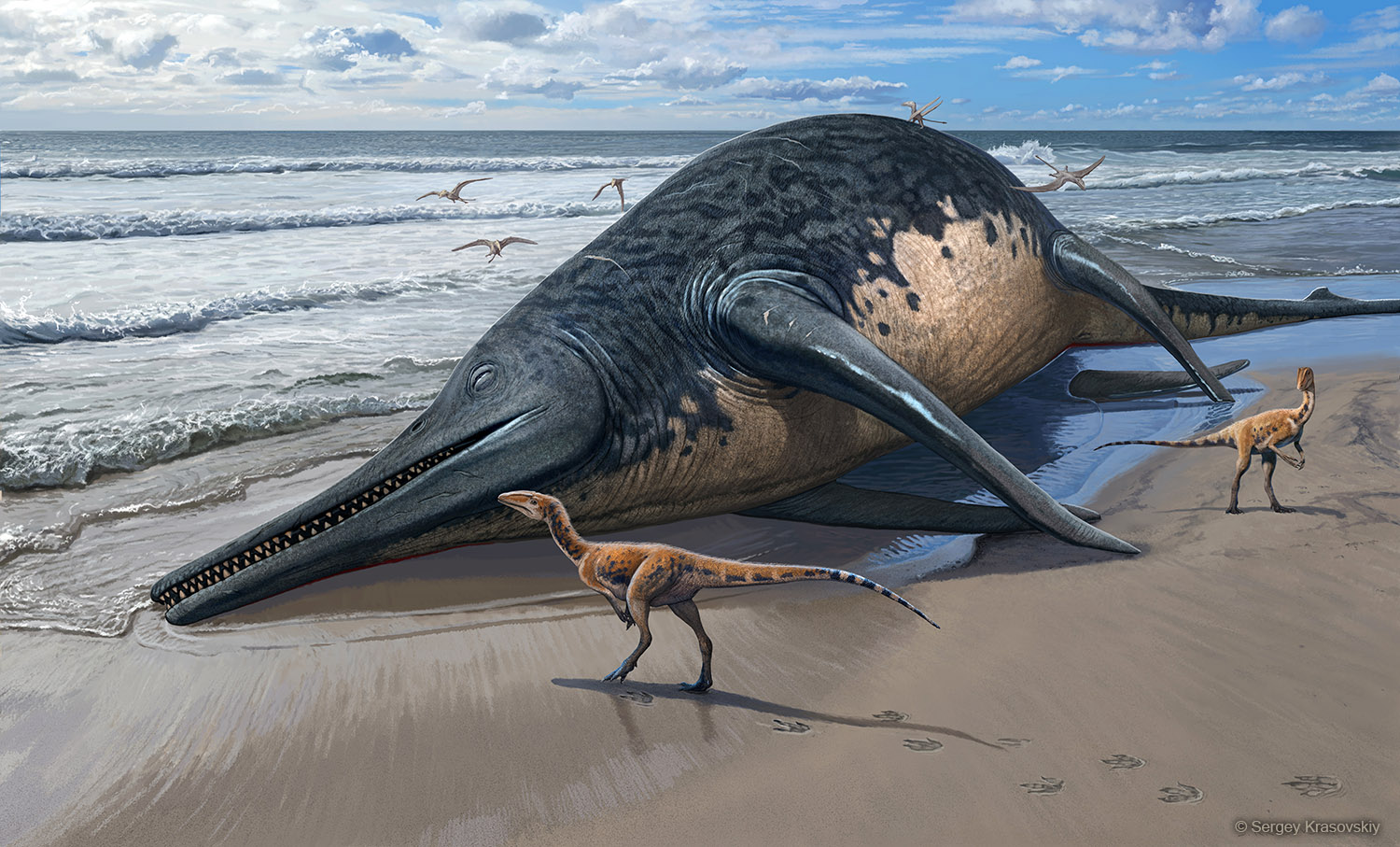-
Jupiter's moon Europa might not be as habitable as we thought
Nature Astronomy
Often thought as one of the locations we could head to after we wreck the planet, Jupiter's moon Europa might not actually be as habitable as we first thought. US and European researchers found the icy moon to produce less oxygen than first thought. Read more about Jupiter's moon Europa might not be as habitable as we thought
InternationalPrinceton University, Princeton, NJ, USA -
EXPERT REACTION: Fluid from around a growing baby could be used to grow organ-like structures
Nature Medicine
Fluid from around a growing fetus could be used to create models of developing organs, including the kidney, lungs and small intestine, without having to terminate the pregnancy, according to international research. The researchers used fluid from Read more about EXPERT REACTION: Fluid from around a growing baby could be used to grow organ-like structures
International; NSW; VICUniversity College London, Great Ormand Street Hospital, UK -
More than 1/3 illicit drugs sold on the dark web contain unexpected substances
Drug and Alcohol Review
Testing of illicit drugs bought online found 35% were not what they said they were, highlighting the urgent need for more local drug testing facilities in Australia to prevent harm and overdose. Testing of illicit drugs bought online found 35% were Read more about More than 1/3 illicit drugs sold on the dark web contain unexpected substances
Australia; NSW; VIC; ACTRMIT University|The Australian National University... -
Humanity must start living within its means
UN Environment Programme
Rich countries use six times more resources, and generate 10 times the climate impacts than low-income ones, far exceeding human needs and nature’s capacity, according to a new report by the UN Environment Programme. The 2024 Global Resource Read more about Humanity must start living within its means
InternationalUN Environment Programme -
Obesity is linked to a higher risk of stillbirth, especially as the baby approaches full term
Canadian Medical Association Journal
Obesity is linked to a higher risk of stillbirth, and that risk increases as the baby approaches full term, according to international researchers. The team say the link between obesity and stillbirth is well-known, however, less is known about how Read more about Obesity is linked to a higher risk of stillbirth, especially as the baby approaches full term
InternationalHarvard University, USA -
Nanothin printing of electronics hardware could slash costs
Small
Engineering researchers have developed a 2D printing process using liquid metals that they say could create new ways of creating more advanced and energy efficient computing hardware that is manufactured at the nanoscale. Nanothin printing of Read more about Nanothin printing of electronics hardware could slash costs
Australia; International; NSW; VICThe University of Sydney|The University of Melbourne... -
Victoria’s feral cats move in for the kill after control programs cut fox numbers
Conservation programs that control foxes in order to protect Victoria’s endangered and threatened native animals may be inadvertently giving space for feral cats to thrive, according to research by the University of Melbourne. In a paper published Read more about Victoria’s feral cats move in for the kill after control programs cut fox numbers
Australia; VICThe University of Melbourne -
From carbon to clouds - Ocean detectives return with climate clues
The longest science voyage by CSIRO research vessel RV Investigator has returned to Australia with one of the most comprehensive datasets ever collected in the Southern Ocean. Over 60 days and 12,000 kilometres, the voyage led by the Australian Read more about From carbon to clouds - Ocean detectives return with climate clues
Australia; International; TAS; ACTUniversity of Tasmania|Australian Antarctic Program Partnership -
Spontaneous curvature the key to shape-shifting nanomaterials
Proceedings of the National Academy of Sciences
Inspired by nature, nanotechnology researchers have identified ‘spontaneous curvature’ as the key factor determining how ultra-thin, artificial materials can transform into useful tubes, twists and helices. Inspired by nature, nanotechnology Read more about Spontaneous curvature the key to shape-shifting nanomaterials
Australia; International; NSWARC Centre of Excellence in Exciton Science|The University of Sydney... -
Few hospitals include stop smoking services in their lung cancer care
Respirology
Only 4. 5% of Australian and NZ lung cancer care centres include services to help people stop smoking, according to new research. The survey of lung cancer doctors, which covers about 85% of the centres treating lung cancer in Australia and 100% Read more about Few hospitals include stop smoking services in their lung cancer care
Australia; New Zealand; NSW; VIC; QLD; WACurtin University|The University of Melbourne|The University of New South Wales...










































